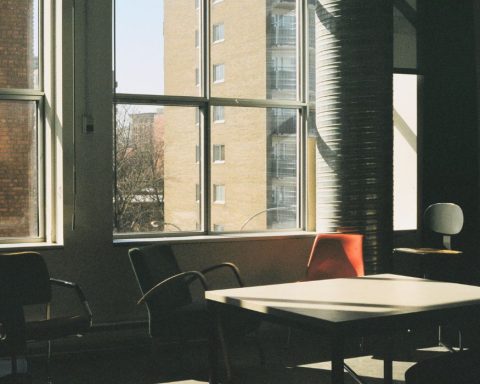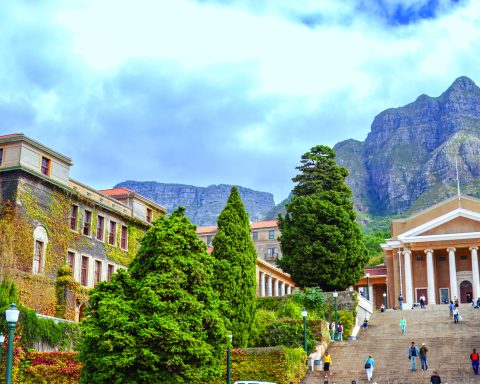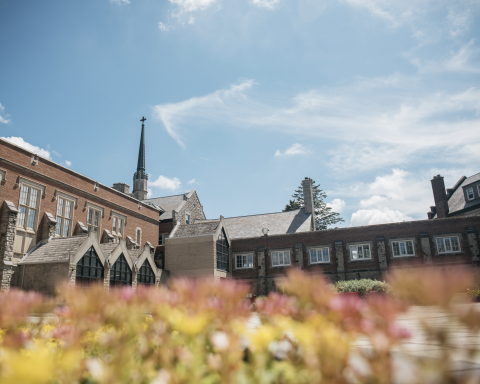Air pollution, extreme heat, proximity to hazardous waste – communities of colour are disproportionately affected by social and environmental injustice. And yet, they’re often excluded from the solutions and don’t always feel welcome in the burgeoning field of sustainability.
A recent look at the sustainability programs cropping up at colleges and universities across North America raises two questions: Do those classes include everyone who could or should be there? And what steps can institutions of higher learning take to address these structural inequities?
When we at Diversity in Sustainability completed our State of Equity, Diversity and Inclusion in Sustainability report in 2021, it was clear that sustainability professionals are a privileged group. Sixty-two percent hold a master’s degree (that drops to between 5% and 13% among the general population in the United States, Canada and United Kingdom). Three-quarters come from a middle-class or higher level of social mobility. And while research showed that younger sustainability practitioners are more ethnically diverse compared to more seasoned professionals, we also know that many communities of colour are pushed to the social and economic margins, which can make accessing higher education in these fields difficult.
Our recent research looks into how some schools are trying to attract more racially diverse students by taking alternative approaches. Arizona State University is working with environmentally focused high school teachers to build relationships with potential enrollees. Ontario’s Trent University and the Yellowknives Dene First Nation recently introduced an Indigenous Environmental Students & Sciences diploma for Dene students in the Northwest Territories that blends Western science with Dene Traditional Knowledge.
Admissions departments are also considering a wider set of extenuating factors that could affect a student’s application, asking students how they have overcome adversity, along with adjusting testing requirements, since privileged students score higher on standardized tests thanks to multiple retakes and additional academic support. More and more schools such as Johns Hopkins University and the University of California system have eliminated legacy admissions, known to give preference to the most privileged.
Among faculty, professors are expanding the syllabi beyond Western authors and guest speakers. “Elevating BIPOC voices is essential to sustainability innovation, and we actively incorporate their expertise and lived experiences into our work,” says Kimberley Smith with the Association for the Advancement of Sustainability in Higher Education. “We believe these diverse perspectives will drive the transformative change needed within the higher-ed sector.”
RELATED:
How Big Oil has infiltrated universities and shaped climate research
New degree is training the next generation of leaders in animal ethics and sustainability
New degree woos next generation of green financial experts
Still, barriers persist, and many racialized youth say that they simply can’t afford pricey tuition for sustainability programs. There are ways around it: the University of Toronto’s Master of Science in Sustainability Management program has an internship program where close to 100% of interns are paid, lowering barriers for students financially while allowing them to gain experience. The Yale School of the Environment’s Three Cairns Scholars program offers tuition and non-tuition support for qualified students from the Global South who are focused on climate solutions.
Bottom line: cultivating a diverse community in sustainability takes a village, and schools have an important role to play as the entry point into the profession. Creating a sustainability sector that’s accessible to communities of colour will be critical if we’re serious about a just transition toward a future that benefits more than a select few.
Heather Mak is co-founder of Diversity in Sustainability.







